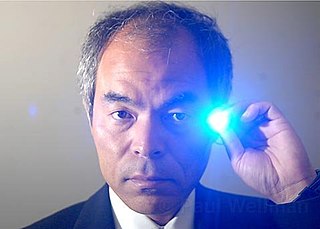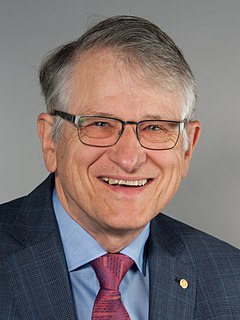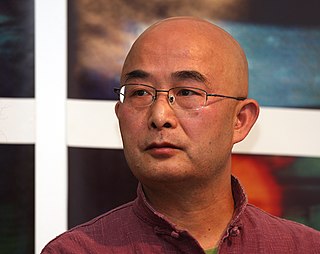A Quote by Catherine Camus
Recognition, gratefulness exist.[ Speech for the Nobel Prize] is to show that this is what has come from what [Albert Camus] teacher did for him. And also throughout the world there are Monsieur Germains [his old schoolteacher] everywhere. That's why I published the letters, so that he could have a place in the work.
Related Quotes
If you look at the recent Nobel Prize winners, one couldn't say that the work didn't matter and the political commitment did. Who had ever heard of the Egyptian writer Naguib Mahfouz? He is not politically involved. Octavio Paz is a great poet, also not politically involved. The Nobel Prize is for literature, for the quality of work over the years.
What the articles which have been written about The First Man propose is humility. The acceptance of these contradictions. Seeking an explanation is death. The lie is death in [Albert] Camus. That's why in Camus' play The Misunderstood the son dies, killed by his sister and his mother, because he lied. He never told them who he was. They killed him because they didn't recognise him.
Two years ago I was on the train from Berlin to Frankfurt when I heard that the Nobel Peace Prize had been awarded to my close friend, the writer Liu Xiaobo, who is imprisoned in China. To me it was confirmation that universal values and a moral code do exist, and that the point of the Nobel Prize is to encourage writers to stand up for this moral code. Last Thursday I was once again on the train from Berlin to Frankfurt when I heard that the Nobel Prize for Literature had gone to Mo Yan. He is a state poet. I am utterly bewildered. Do these universal values not exist after all?
Albert Camus was never abandoned by his readers. Camus is enormously read. He's the highest selling author in the entire Gallimard collection, and has been for some years now. Sales haven't ever stopped, so to talk about rediscovering him would suggest that he isn't read anymore and that's not true.
We suppose that could be considered a hedged position for the awards committee, one that would never occur in the hard sciences such as physics and chemistry, where a prize shared among three with divergent views would be an embarrassing mistake or a bad joke. While a Nobel Prize might well be the culmination of a life’s work, shouldn’t the work accurately describe the real world?


























